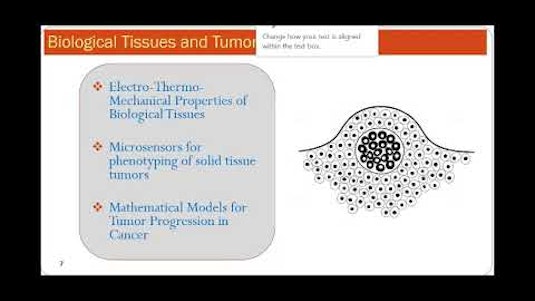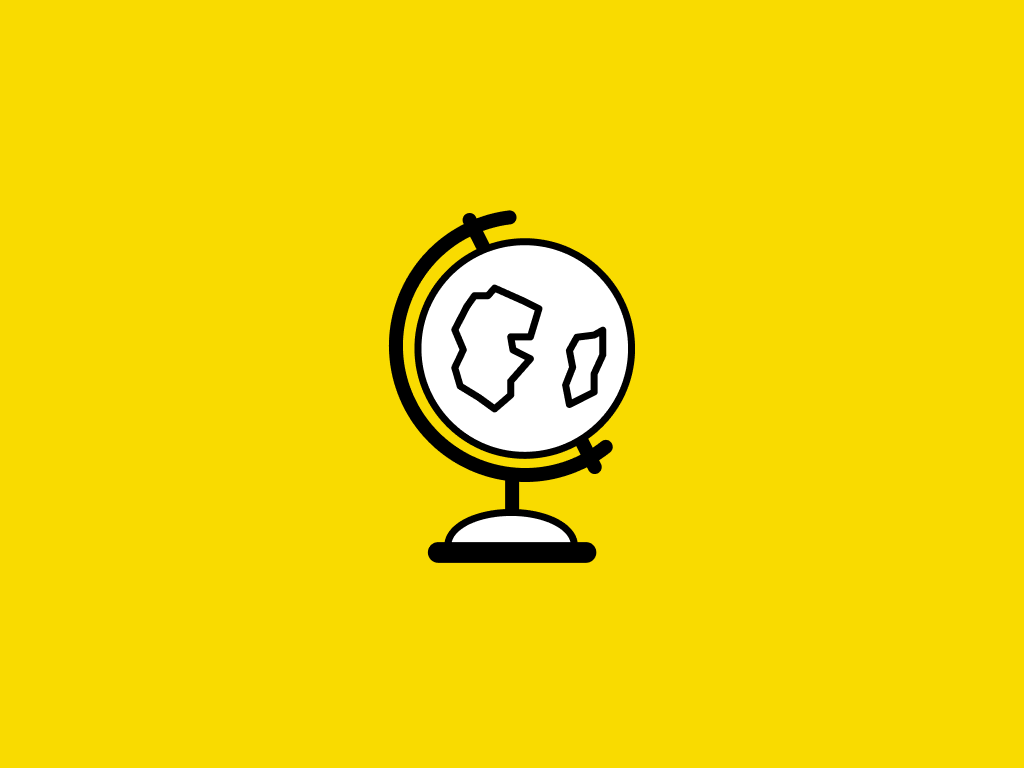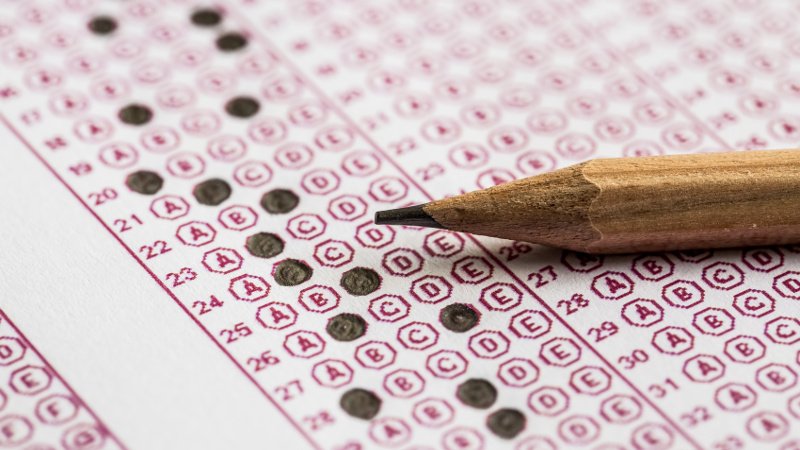
Description
ABOUT THE COURSE:Numerical solutions of linear systems including a detailed perturbation analysis; Lu factorization with partial and complete pivoting, condition number estimation, iterative methods; least square solutions and a review of computational methods for over determined systems and under determined systems and iterative refinement with applications in optimization, domain decomposition of irregular natural spontaneous systems and so on.INTENDED AUDIENCE: UG/PG/PHD of CSE, EE, ECE, M&C, CE and so on as per the present registration as an open electivePREREQUISITES: Not very specific. Know ledge of basic numerical analysis and linear algebra is desirable but not mandatory.INDUSTRY SUPPORT: As a matter of fact, this is interdisciplinary and deals with algorithms for scientific computation and would fetch students software placement as it would cover efficiency and flop count of numerics along with error analysis.
Tags
Syllabus
Week 2:Gaussian Elimination and LU factorization, Iterative refinement, QR factorization, Gram Schmidt Orthogonalization, Cholesky decomposition.
Week 3:Projections, Householder reflectors, Givens rotation,Image compression using SVD, Least square solutions of linear systems.
Week 4:Pseudo inverse, normal equations, Eigen values problems, Gershgorin theorem, similarity transforms, eigen values sensitivity vectors.
Week 5:Power method, Schur decomposition, Jordon canonical form, QR iteration with and without shits.
Week 6:Heisenberg transformation, Rayleigh quotient, Symmetric eigen value problems.Jacobi method, dive and conquer computing, the singular value decomposition using Golub-Kahan-Reinsch algorithm, Generalized SVD and Quadratic eigen value problems
Week 7:Jacobi method, dive and conquer computing, the singular value decomposition using Golub-Kahan-Reinsch algorithm.
Week 8:Generalized SVD and Quadratic eigen value problems
Week 9:Generalized Schur decomposition, Iterative methods for large systems, convergence of iterative methods.
Week 10:Krylove subspace methods, Lanczos, Arnoldi methods.
Week 11:Stability of the Cholesky QR algorithm, Conditioing of the eigenvalues of the Symmetric definite pencil.
Week 12:AI aplications in solving the sensitive systems arising in partial differential equations of real life systems such as in transient thermal systems of lift generating systems in Aerodynamics etc.
Feedback from prospective audience and hands on session for some applications in Image processing using AI techniques.

Numerical Linear Algebra and Application
-
TypeOnline Courses
-
ProviderSwayam
Week 2:Gaussian Elimination and LU factorization, Iterative refinement, QR factorization, Gram Schmidt Orthogonalization, Cholesky decomposition.
Week 3:Projections, Householder reflectors, Givens rotation,Image compression using SVD, Least square solutions of linear systems.
Week 4:Pseudo inverse, normal equations, Eigen values problems, Gershgorin theorem, similarity transforms, eigen values sensitivity vectors.
Week 5:Power method, Schur decomposition, Jordon canonical form, QR iteration with and without shits.
Week 6:Heisenberg transformation, Rayleigh quotient, Symmetric eigen value problems.Jacobi method, dive and conquer computing, the singular value decomposition using Golub-Kahan-Reinsch algorithm, Generalized SVD and Quadratic eigen value problems
Week 7:Jacobi method, dive and conquer computing, the singular value decomposition using Golub-Kahan-Reinsch algorithm.
Week 8:Generalized SVD and Quadratic eigen value problems
Week 9:Generalized Schur decomposition, Iterative methods for large systems, convergence of iterative methods.
Week 10:Krylove subspace methods, Lanczos, Arnoldi methods.
Week 11:Stability of the Cholesky QR algorithm, Conditioing of the eigenvalues of the Symmetric definite pencil.
Week 12:AI aplications in solving the sensitive systems arising in partial differential equations of real life systems such as in transient thermal systems of lift generating systems in Aerodynamics etc.
Feedback from prospective audience and hands on session for some applications in Image processing using AI techniques.
Tags
Related Courses


Variational Calculus and its applications in Control Theory and Nanomechanics

Mathematical Aspects Of Biomedical Electronic System Design

Master of Data Science

Mathematics for Data Science: Essential Mathematics for Machine Learning and AI

PSSA - Mathematics Grade 8: Test Prep & Practice

Precalculus for Teachers: Professional Development

Study.com PreACT® Test Prep: Practice & Study Guide

Foundation Skills Assessment (FSA) Grade 4: Practice & Study Guide

GACE Program Admission Assessment Test II Mathematics (211): Practice & Study Guide

8th Grade Math: Homeschool Curriculum


 Online Courses
Online Courses  Swayam
Swayam
